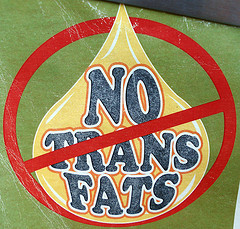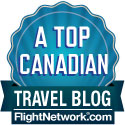BCã§è„‚肪フリー.

Following the lead of locations as diverse as デンマーク 㨠ニューヨーク市, ブリティッシュコãƒãƒ³ãƒ“ア州 ã«ãªã‚Šã¾ã™ ã®ä½¿ç”¨ã‚’制é™ã™ã‚‹ãŸã‚ã«ã‚«ãƒŠãƒ€ã§æœ€åˆã®å·ž トランス脂肪 レストランã§.
レストラン, デリ, cafeterias, educational institutions, health care institutions, å¦æ ¡, special events, and bakeries — ã™ãªã‚ã¡, all food services establishments that require a permit to operate in B.C. — must comply with this new regulation 9月ã¾ã§ 30, 2009.
ã«ã‚ˆã‚‹ã¨ 紀元å‰. å¥åº·ãªç”Ÿæ´»ã¨ã‚¹ãƒãƒ¼ãƒ„çœ, the regulation restricts the trans fat content of oils and margarines to two per cent of total fat and of all other foods to five per cent of its total fat content.
ザ ãƒãƒ³ã‚¯ãƒ¼ãƒãƒ¼æ—¥ ã¦ã„ã‚‹ comments from local restaurateurs ã“ã“ã§.
ä»–ã®å ´æ‰€ã§ã‚«ãƒŠãƒ€ã§, 市 カルガリー had previously instituted a similar trans fat ban, ã«ç™ºåŠ¹ã—ãŸãã® 2008. Canada was also the first country in the world to require trans fat content labeling on packaged foods.
Mykl Roventineフォト (Flickrã®)




















